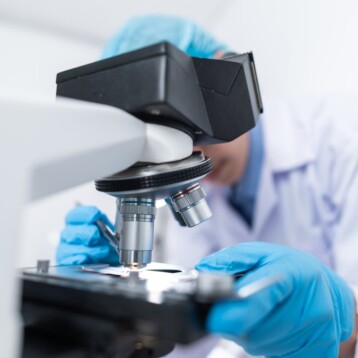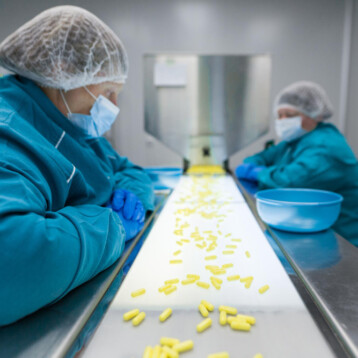Researchers from the University of Oxford developed a cell therapy that could prevent transplanted organs from being rejected by the body and remove the need for patient’s long term drug treatment.
 |
The rejection response (top, arrows)
to a transplanted blood vessel in
a mouse is prevented by an immune
cell therapy (bottom).
Image courtesy of Science/AAAS. |
|
The innovative approach will work by re-injecting patients with their own immune cells after the cells have been isolated from a blood sample. The cells would be grown in the laboratory under conditions that will make them “learn” not to reject the transplant.
Scientists involved in the current study were able to prevent rejection of a transplanted piece of blood vessel in a mouse model . Dr. Andrew Bushell of the Nuffield Department of Surgical Sciences at the University of Oxford, who headed the research said: “We have developed a new approach to generate cells called ‘regulatory T cells’ that can control rejection of transplanted tissue in mice.”
Although modern organ transplantation is considered to be fairly effective, patients are required to take strong drugs for the rest of their lives to make sure the organ is not rejected by the body’s immune system. However it is known that long-term use of these drugs can lead to an increased risk of infection, cancer, damage to blood vessels, and metabolic complications.
Human T cells (aka “Tregs”) are known to dampen down immune system responses when they are no longer needed and help maintain the body’s immune system. According to Dr Bushell: “If we can grow regulatory T cells in the laboratory and teach them to turn off immune cells that are attacking a transplant, we may be able to use these cells to control transplant rejection.”
The method developed by Dr Bushell and his team isolates human T cells cultured in the lab with an existing drug called cilostamide and cells from the tissue being transplanted back into the patient. The researchers then showed that the human regulatory T cells produced using this method could control transplant rejection in a mouse model with a human-like immune system.
The new cell therapy is likely to be used initially in living donor transplantation, where for example a person donates a kidney to a relative, spouse, or close friend. This type of donation is now very widespread because of the shortage of organs from deceased donors.
A doctor would take a blood sample from the patient a few weeks before the operation so that the Tregs could be grown and tested in the laboratory before being given back to the patient. Doctors would then carry out the transplant operation as normal and special drugs would be given to control early rejection. Later on the drugs could be steadily withdrawn until they were no longer needed.
According to Dr. Bushell it will still take between 3-5 years before trials of cell therapy in human transplantation could begin.
More info can be found on the Oxford University
website.











